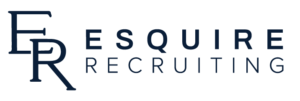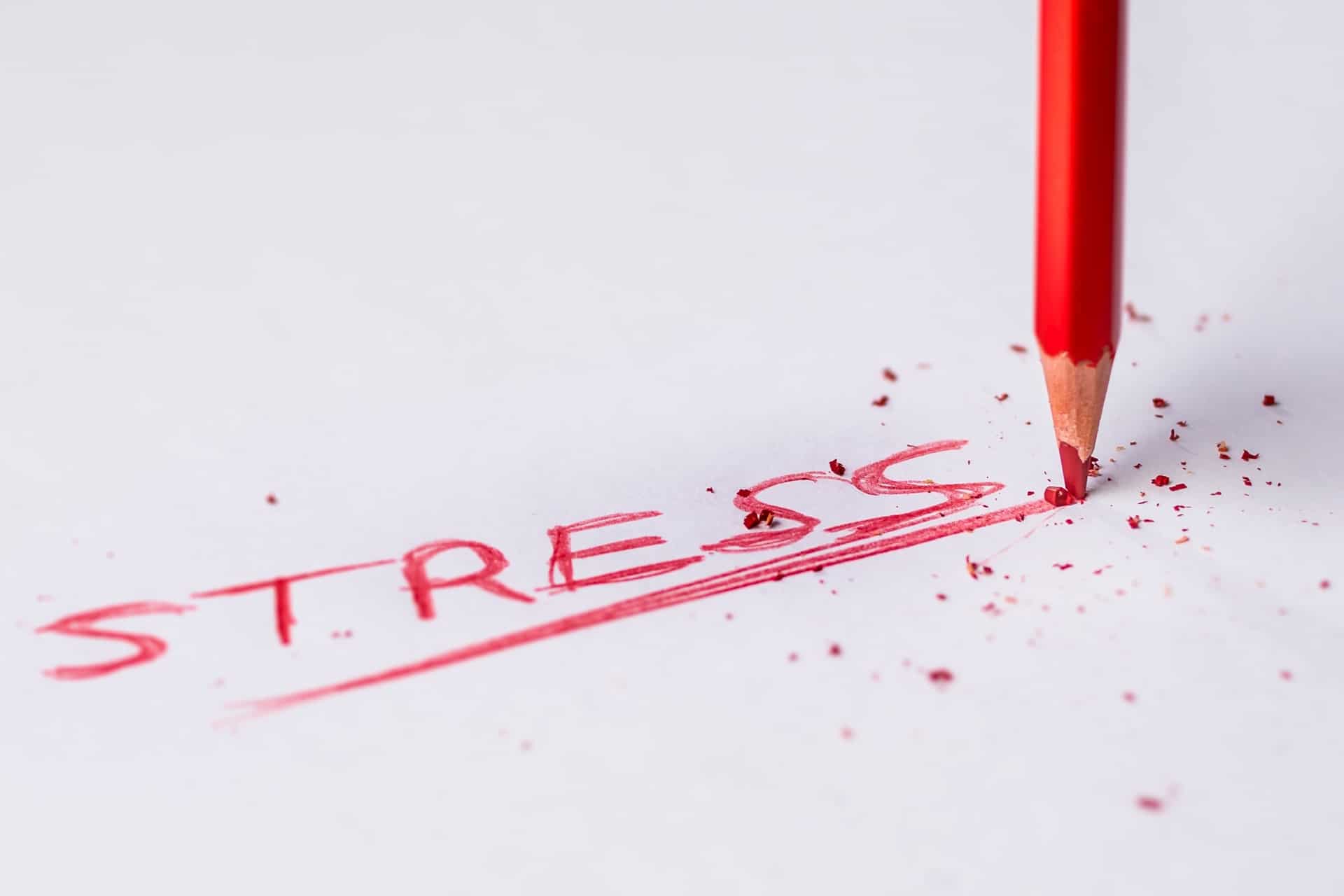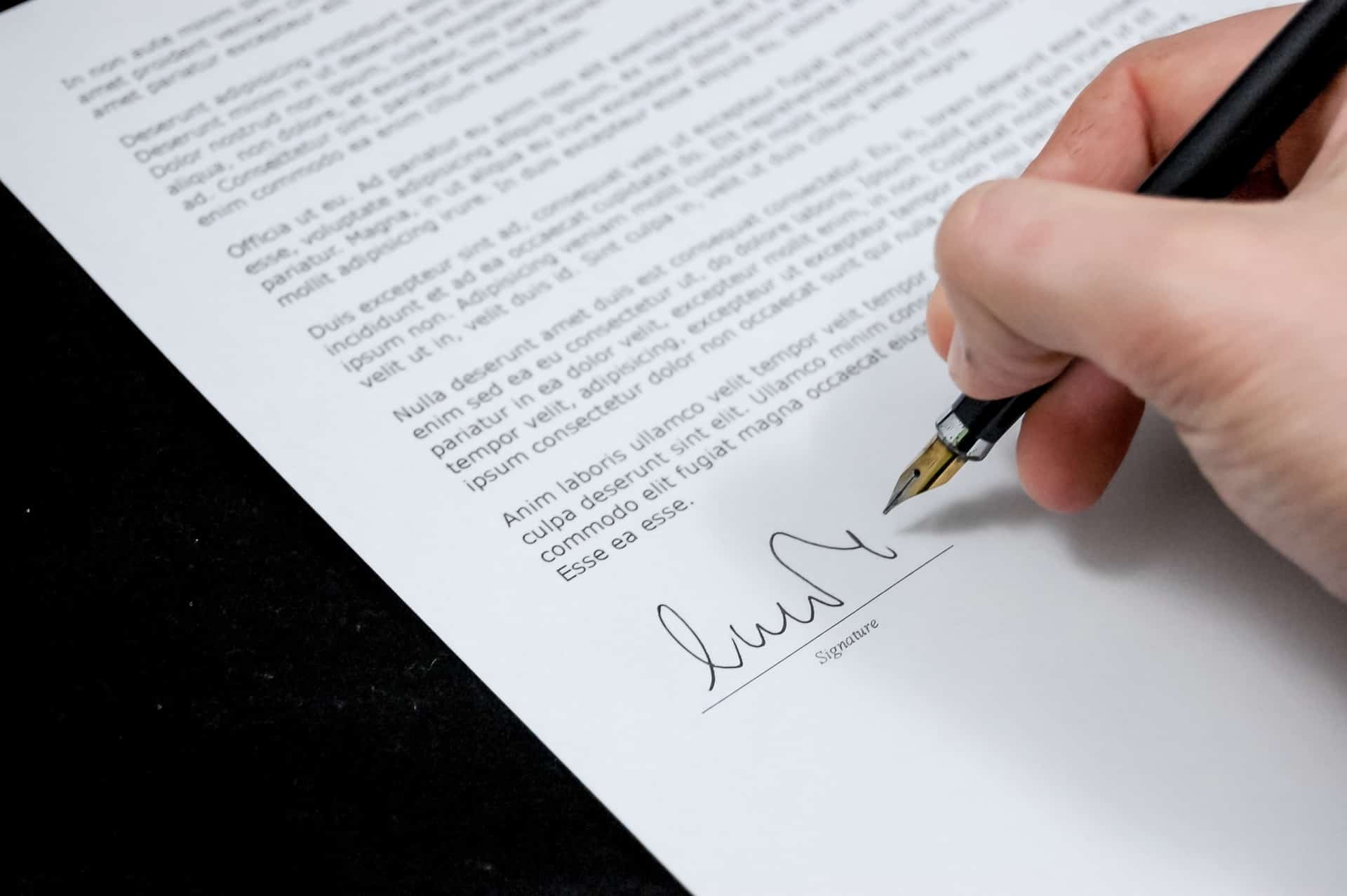Resumes are frequently spoken about here at Esquire Recruiting, LLC. Resumes are extremely prevalent in securing a job and it helps hiring managers learn about you. Today, we will discuss some resume mistakes to avoid! Avoiding the mistakes listed below will help you ensure that your resume is in tip-top shape.
Sloppy Mistakes: Sloppy mistakes can be totally avoided with a little extra work and attention. These mistakes consist of things such as spelling errors, typos, and punctuation. With a little extra proofreading, you can avoid these mistakes that will make a hiring manager think twice about your application. Proofread your resume a few times by yourself and when you finally think it is perfect, send it to a friend to proofread.
Generic Resume: Your resume should not look the same for every job you apply to. This can be a very time-consuming task to edit it for every job application, but it can be worth it. Sending a generic resume to employers will give them the inkling that you don’t particularly care about that specific job.
Keywords: The best way to tailor your resume to every job application is to use keywords. Look at the job description for the position you are applying to and use it to your advantage. Use the keywords from the job description in your resume. It can be tedious to edit your resume for every individual job you are applying to, but it is worth the time. Sell yourself and convince the company that they should hire you.
Accomplishments: A common mistake many people make is highlighting their job duties rather than their accomplishments. Put an emphasis on what you accomplished in your past positions, not what you had to do. Demonstrate the activities you have accomplished within your daily job duties. Show the hiring manager/company through your accomplishments that you went above and beyond. 
Following these tips can help you avoid some major mistakes when writing your resume. Updating your resume is a great way to get yourself back into the job search.
Check out some resume tips from Esquire recruiters here!
Ready to get into the job search? Check out our open jobs!




 Are they business attire, business casual, or casual? If you feel like you don’t want to stand out in business attire if they are a business casual culture, then do what feels right!
Are they business attire, business casual, or casual? If you feel like you don’t want to stand out in business attire if they are a business casual culture, then do what feels right!
 only because you have to make that deadline, close the deal, or prep a meeting. Pressure can be a very productive thing by helping you work harder, improve your performance, or be more creative. Pressure does not always have to be stressful.
only because you have to make that deadline, close the deal, or prep a meeting. Pressure can be a very productive thing by helping you work harder, improve your performance, or be more creative. Pressure does not always have to be stressful. ke communicating easier.
ke communicating easier.

 on. This, of course, depends on who is making the judgments. If your boss is holding a meeting promptly at 9 AM and expects everyone to be punctual, this is not a situation where you should show up late. Arriving late to meetings and interviews can come across as if you do not care or do not respect the people you are meeting. The U.S. culture is very focused on time, especially in the professional world.
on. This, of course, depends on who is making the judgments. If your boss is holding a meeting promptly at 9 AM and expects everyone to be punctual, this is not a situation where you should show up late. Arriving late to meetings and interviews can come across as if you do not care or do not respect the people you are meeting. The U.S. culture is very focused on time, especially in the professional world.

 Stretch!
Stretch!


